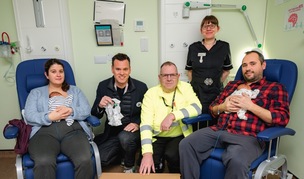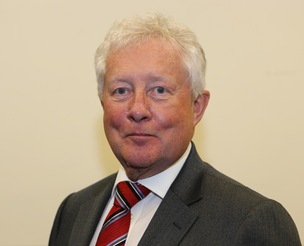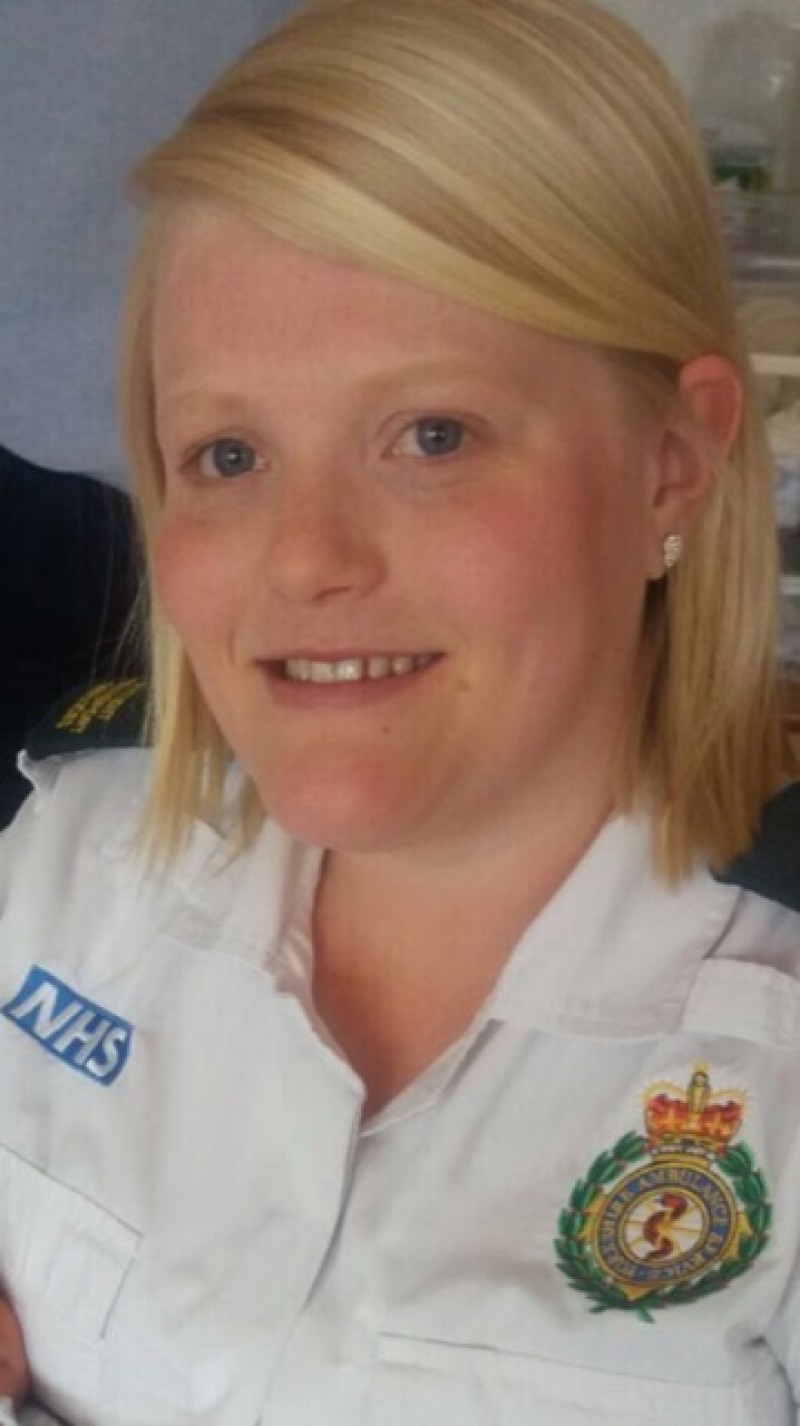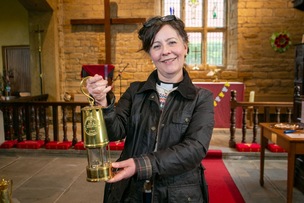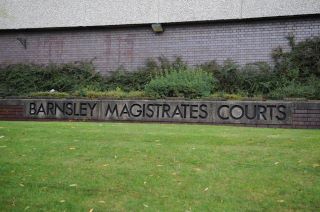AN out-of-hours medical service displayed ‘gross failures and negligence’ in the run-up to the death of a 23-year-old aspiring paramedic from sepsis, an inquest found.
Jessica Holbrook, from Brierley, visited surgeries run by i-Heart Barnsley twice after complaining of a cold, sore throat and tickly cough. Jessica, who had sat exams to become a paramedic and was working for Yorkshire Ambulance Service organising appointments at the time, had been staying at the house of her grandmother, Barbara Robinson, on December 12, 2017, ahead of a shift at Barnsley Hospital the following day. However, a day later, she called in sick and attended another out-of-hours appointment and was prescribed penicillin for tonsillitis.
Jessica’s condition continued to deteriorate and the following day an ambulance was called to her grandmother’s house. However, she died from sepsis before arriving at Barnsley Hospital.
The bacterial infection arises when the body’s response injures its own tissues and organs.
It leads to shock, multiple organ failure and death if it’s not recognised early and treated promptly.
A two-day inquest, which concluded in Sheffield last Friday, said ‘gross failings’ were found, leading coroner David Urpeth to record a narrative conclusion who ruled the death was ‘contributed to by neglect’.
Jessica’s dad Leigh, 49, said: “Jessica was the kindest person anyone could want to meet it was her dream to qualify as a paramedic and help others. We can’t help but feel angry that when she needed help, she was let down with catastrophic consequences.
“Her death has left a huge hole in the lives of everyone who knew her. Our family cannot believe that we will never see her fulfil the great potential she had.
“Our lives will never be the same again but all we can hope for now is that people realise how dangerous sepsis can be. Everyone has heard about sepsis but it’s vital that people actually know its symptoms and the speed at which it can claim lives.
“All we can hope for now is that Jessica’s death was not in vain and that action is taken to improve training so that this cannot happen again to others in a similar situation.”
An investigation carried out by i-Heart, part of Barnsley Healthcare Federation, found that at Jessica’s second appointment there was evidence she was septic including a heart rate above 130 beats per minute but ‘this was not acted on’.
Dr David Shutt, medical director at the Barnsley Healthcare Federation, said its procedures for the identification and treatment of sepsis have been reviewed.
He added: “We are very sorry about the death of Jessica and would like to pass on our sympathies to her friends and family.
“Since Jessica’s death we have reviewed our procedures for identifying and treating patients with sepsis and learned lessons from this tragic incident.
“We anticipate that this will be recognised when the Care Quality Commission (CQC) publishes its report following its recent re-inspection of our service. We will be reviewing the coroner’s findings in full to see if any further action is necessary. We cannot comment further because of our duty of patient confidentiality.”




